Ecologist: who is he and what does he do?
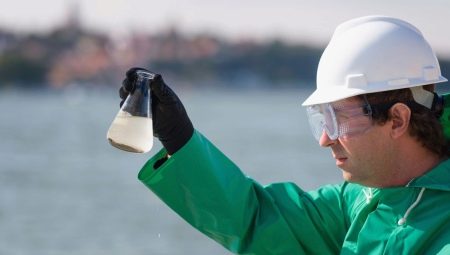
Ecologists focus on the relationship of organisms within the environment. Given the wide scope of ecology, there are several sub-disciplines that an ecologist can focus on, since all living things (plants, animals, microbes) depend on each other and on a healthy environment. This profession has become especially relevant in the modern world.
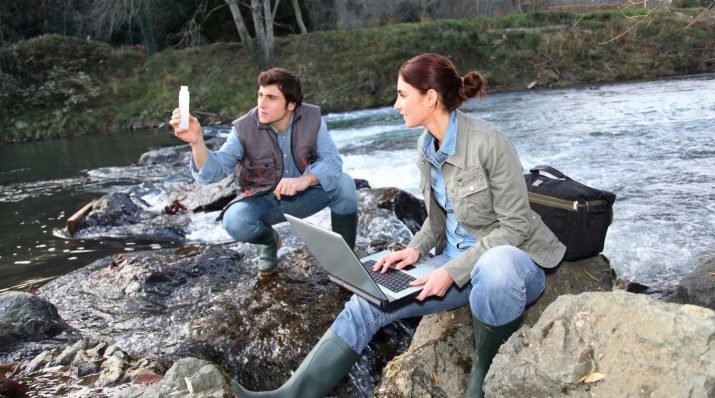
Features of the profession
An environmental chemist or environmental technician are all varieties of one profession that is especially in demand at the present time. Environmental problems have become an integral part of our lives, which is why the need to increase the number of specialists in this category has grown.
According to the profession description, ecologists should have at least a bachelor's degree in biology or a related field (for example, environmental science or zoology).
An ecologist's job description will depend on what he specializes in. For example, some specialize in restoring unhealthy ecosystems. There are aquatic ecologists who study the relationship of organisms in various aquatic environments.
All the duties of a person in this profession related to the environment are clearly spelled out. The demand for the described specialty is due to the poor environmental situation not only in our country, but all over the world. After all, a person systematically destroys whole species of plants and animals, causes irreparable harm to nature.
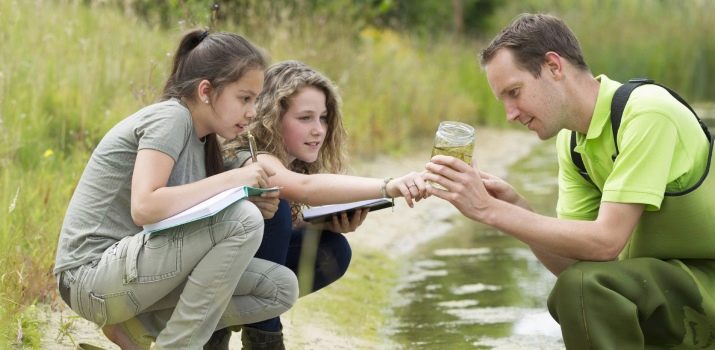
The main responsibilities of an ecologist are not limited to the list provided below.
- Field research to maintain and develop agricultural production with a neutral or positive impact on the quality of the environment of pasture agroecosystems.
- Calibration and use of instrumentation to study ecological processes and response mechanisms to adaptive management, seasonal weather variability, extreme events and predicted climate variability.
- Providing the necessary support to the research team through data collection, research and control using highly specialized and sophisticated equipment, mainly related to water balance.
- Exploring the relationship between human activities and the state of the environment.
- Researching on the assessment of the harm done.
- Writing technical reportsdetailing the methods used, the interpretation of the results.
Responsibilities may vary depending on the position held.
For example, environmental technician should implement into the production of special technologies designed to ensure waste-free or low-waste production. In turn, an environmental chemist monitors the processes, which lead to a change in the state of the environment, determines the source of pollution.

Advantages and disadvantages
This profession has advantages and disadvantages. Of the advantages, the following points can be distinguished:
- positive impact on the environment;
- demand;
- you can get a job without experience;
- good salary;
- the possibility of employment abroad.
Minuses:
- sometimes you have to work in extreme conditions;
- health hazard when working with chemicals.
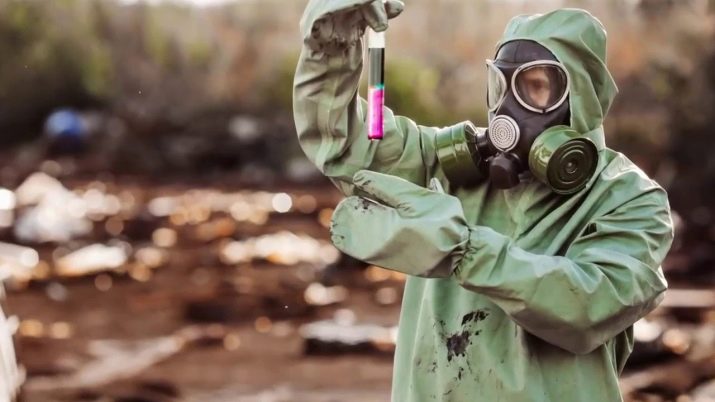
What does he do?
Obligations at the enterprise are reduced to tracking the consequences of the company's activities for the environment. Ecologists work both permanently and constantly leaving for research. Ecologists, like representatives of other professions, have their own job description, which makes the employee responsible for the consequences of his shortcomings.
The work consists in providing timely and truthful information about the state of the environment, in obtaining the necessary data, conducting research activities, and providing consulting services.
Ecologists work in a wide variety of public and private structurescan fill a variety of roles, from laboratory technician to environmental policy consultant. The public sector provides great opportunities for the preservation and improvement of natural objects, legal advice.
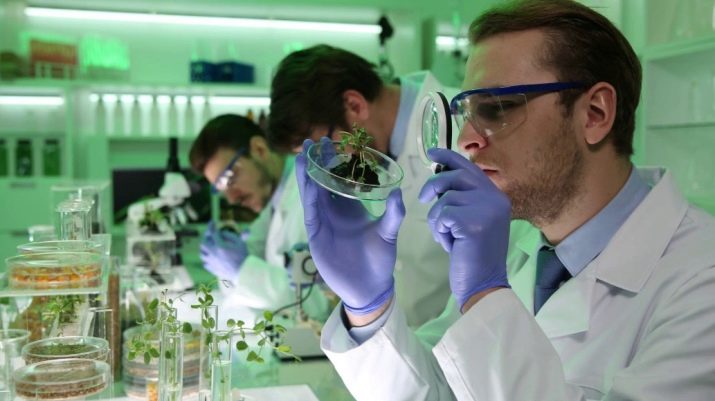
Private sector sectors in which environmentalists work (usually as freelance consultants) include:
- mining and oil extraction;
- food production;
- collection and disposal of waste;
- water use and supply;
- civil engineering (construction of roads and infrastructure);
- tourism.
Consulting services are becoming more and more popular every year to help private companies comply with the law.
Environmentalists also work in non-governmental organizations dealing with environmental issues. Some of them own and operate nature reserves, others carry out environmental awareness campaigns.

Environmentalists can work in research departments of universities and organizations, funded by the state. Such employees usually graduate from graduate school and additionally give lectures, as well as conduct their own research.
Finally, some environmentalists are working in the media industry as journalists, environmental book authors, scientific journal editors, or public relations officers... The industry is particularly competitive, and candidates often require a journalism degree in addition to their scientific qualifications.

Requirements
Most environmentalists are scientists with work experience in the fields of chemistry, ecology, geology, biology, climatology, statistics and in many cases economics. The depth of knowledge in each area determines the area in which the specialist works.
A master's degree in science or environmental science itself is becoming more common as a minimum requirement for applicants for a high-paying job.
All budding environmentalists should receive experience in the field. A good environmentalist must clearly know his responsibilities and fulfill the tasks assigned to him.
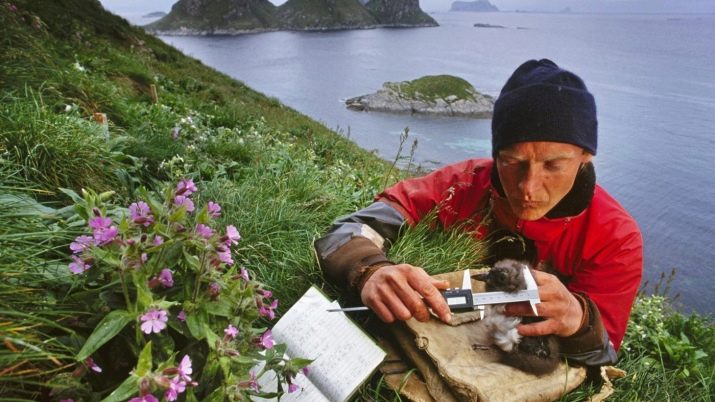
Responsibilities
Responsibilities may include:
- classification of fauna and flora;
- monitoring the quality of air, water and soil;
- conducting field research using a variety of specialized techniques, including geographic information systems (GIS) and satellite imagery;
- analysis of collected data using industry standard technologies;
- preparation of written reports;
- providing advice on how natural habitats may be affected by construction, agricultural or mining plans (environmental impact assessment);
- providing scientific evidence in favor of new legislation;
- campaigns to protect endangered species of animals and plants;
- management of natural sites (reserves, parks, botanical gardens) and legally protected sites (national parks and areas of exceptional natural beauty);
- liaising with other scientists, politicians and representatives of the press;
- educating the general public about the importance of ecosystem conservation.
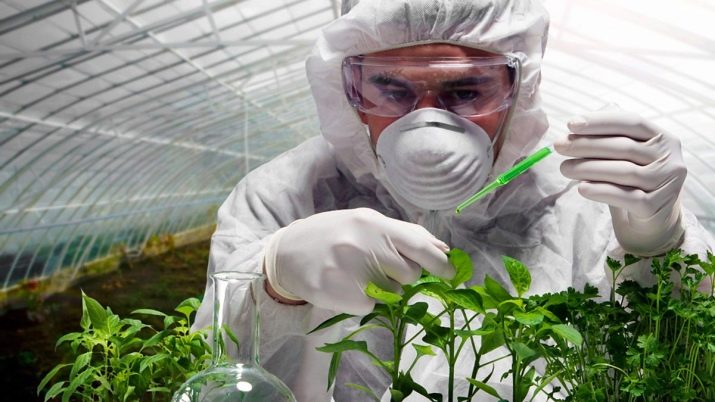
Personal qualities
The qualities that are common to most environmentalists in the world are creativity and the ability to solve problems in the shortest possible time. An ecologist must have such personality traits as:
- passion for nature;
- interest in field work;
- Analytical mind;
- computer literacy;
- learnability;
- curiosity;
- excellent oral and written communication skills;
- precision and attention to detail;
- initiative;
- patience;
- the ability to adapt to difficult conditions.
Skills and knowledge
An ecologist needs a lot to know and be able to, for example:
- know modern legislation in the field of ecology, norms and standards;
- have knowledge in such areas as chemistry, biology, zoology, physics;
- understand the natural processes of nature;
- possess taxonomic knowledge;
- know the procedure in accordance with which the environmental impact assessment is carried out;
- be familiar with the specifics of monitoring and computer modeling;
- constantly improve, get acquainted with the experience of foreign ecologists;
- be able to draw up the necessary documentation, fill out reports;
- know one or more foreign languages.
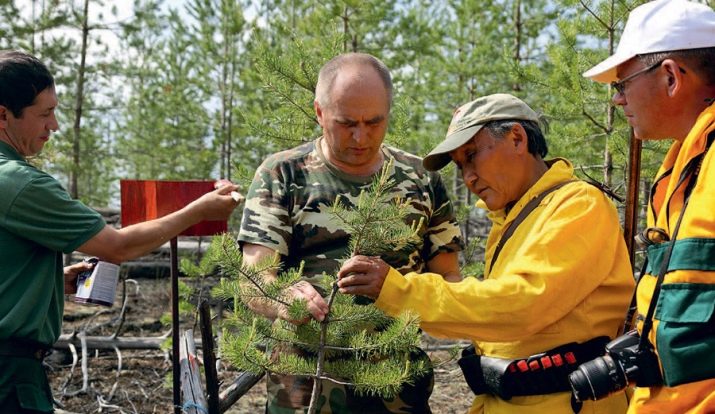
Deep love for the environment - one of the desirable qualities in a person applying for the position of an ecologist. During the trial period, the ecologist provides his services to the organization for a small fee. In the course of his work, the management evaluates the information received, the research being carried out, after which it makes its decision on the level of the employee's qualifications. Then a decision is made regarding the level of wages.
Many state and federal agencies employ environmental technicians for collecting data from urban landfills or even from the bottom of a lake or ocean. An aspiring ecologist often specializes in maintaining cleanliness in a specified area, researching the interaction of man and nature.
After years of outdoor work, an employee is promoted... Within the framework of his duties, there may be a large object, for example, a whole forest or a body of water.One of the main duties of an ecologist is the ability to monitor animals, note changes in their behavior, and collect materials for research.
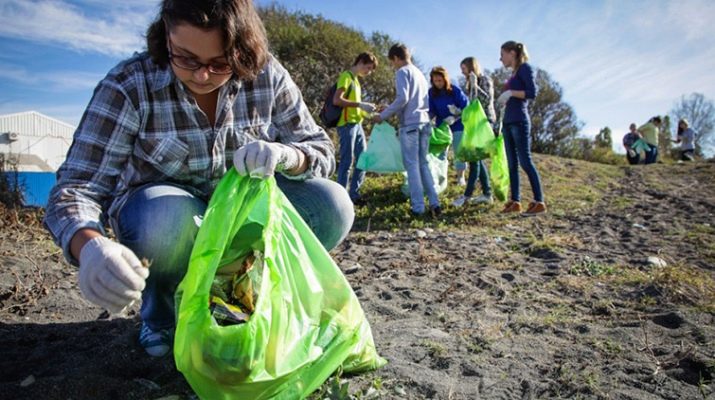
Education
It takes a lot of study to become an environmentalist. To enter a university in Russia, you need to pass such subjects of the exam as Biology, Chemistry... You can start your studies from college. You can enter there after the 9th grade. Many subjects are studied on the course, including ecology, chemistry, botany... Already in the course of his activity, the ecologist undergoes refresher courses.
average salary
In the past, environmentalists conducted field research, collected data, prepared reports. All their work was under control, many of them were engaged in the implementation of specific tasks. Most of the time I had to spend in the office, and therefore such work was paid low. On average in Russia, environmentalists received up to 15,000 rubles. Today the situation has changed. The need for qualified personnel has increased, and with it - and wages.
On the staff of a large company, an ecologist can receive up to 100,000 rubles, and sometimes more - it all depends on the specific area in which the employee is employed.

Career
To work as an environmentalist in a government agency, you will need at least a bachelor's degree in one of the following disciplines:
- "Ecology";
- Earth Science;
- "Botany";
- Marine Science;
- "Biology";
- Environmental Management;
- "Geography".

Small companies get jobs as environmentalists without experience. You can improve your job prospects if your education is postgraduate. For employment, you must have a driver's license, as you will often have to travel to an area that is inaccessible to public transport. The job seeker must be willing to spend a lot of time working away from home, as field work involves constant travel.
The place of work will depend on the specialization: a person can work at sea, on a ship, in the desert, in the mountains, in a city, and so on. Often you have to be in harsh conditions, so the applicant needs to be healthy and resilient.
Great experience is an advantage in the race for high-paying jobs and invaluable opportunities.
You can always join one of the numerous local and national environmental organizations. You can create your own consulting department with other freelance environmentalists or your own company, lead a team of scientists.









